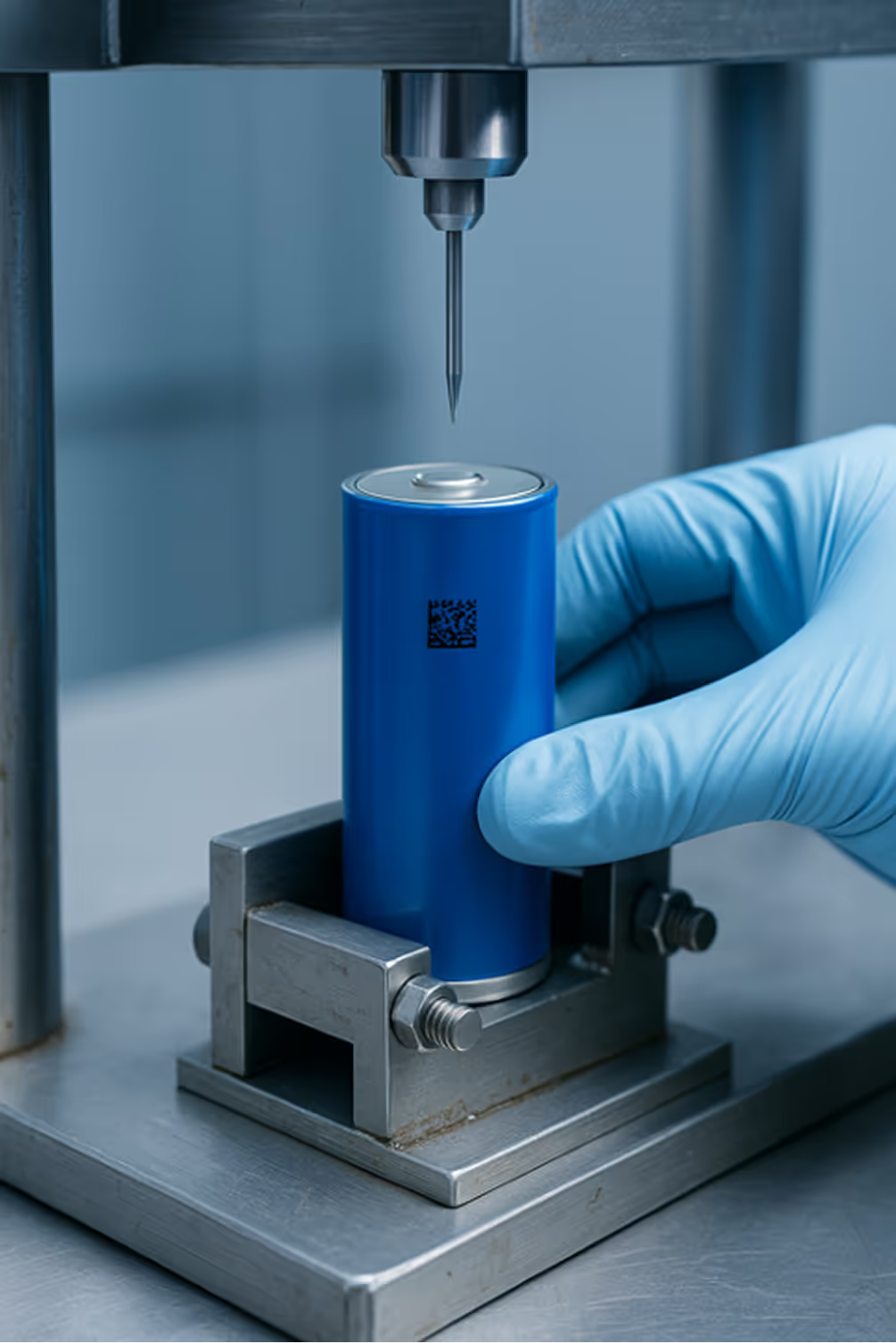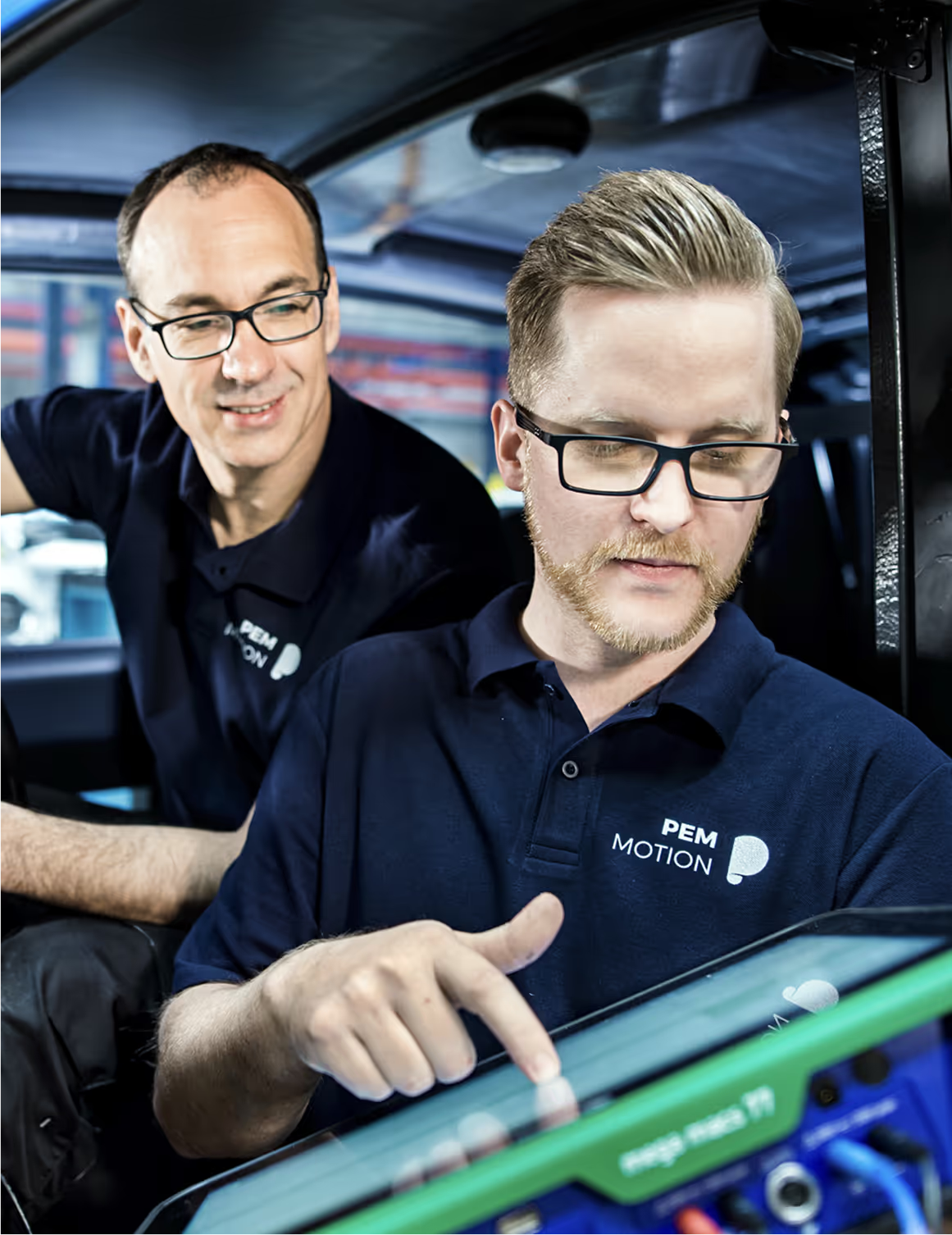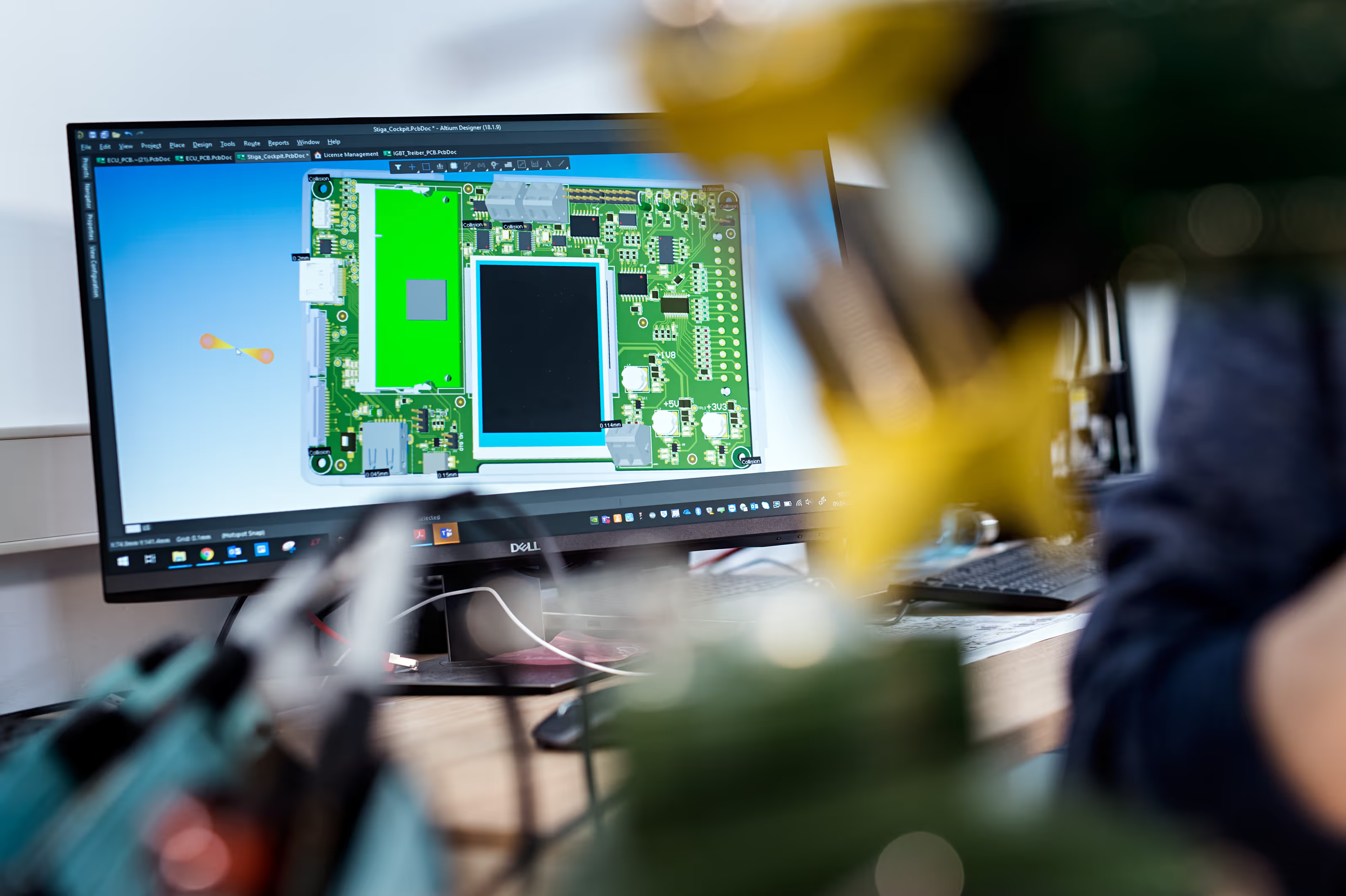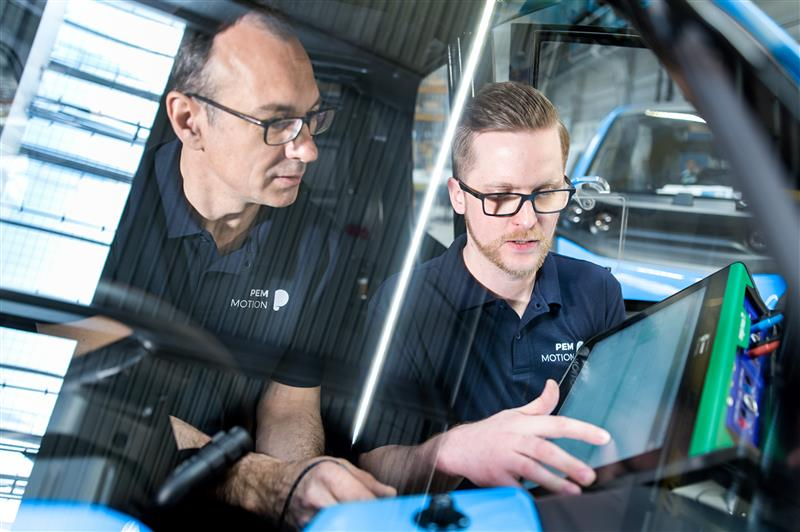Automotive SPICE
Automotive SPICE is a process assessment framework designed to evaluate and enhance software development processes in the automotive industry, ensuring quality, safety, and compliance for systems like battery management in electric vehicles.
As the automotive sector accelerates toward electrification, the demand for reliable software in battery systems and electric vehicles (EVs) has never been higher. Automotive SPICE (Software Process Improvement and Capability Determination) provides a structured approach to manage software development risks, making it a cornerstone for professionals in the battery industry who strive for excellence in safety and performance.
Understanding Automotive SPICE
Automotive SPICE is an adaptation of the international standard ISO/IEC 15504, tailored specifically for the automotive domain. It focuses on assessing and improving software and system development processes through a capability model that ranges from level 0 (incomplete) to level 5 (optimizing). This framework helps organizations achieve consistent quality, reduce defects, and meet stringent regulatory requirements, which is crucial for battery technologies where software integrity can impact everything from energy efficiency to vehicle safety.
Core Principles and Process Areas
The foundation of Automotive SPICE lies in its emphasis on process capability, continuous improvement, and risk management. Key process areas include requirements management, project management, and verification and validation. For battery industry professionals, this means ensuring that software controlling battery management systems (BMS) is developed with rigorous traceability and error prevention, minimizing risks like thermal runaway or performance degradation.
Integration with Automotive Standards
Automotive SPICE often aligns with other standards such as ISO 26262 for functional safety, creating a comprehensive ecosystem for developing safety-critical systems. In the context of EVs, this integration ensures that software processes support reliable battery operation, from cell monitoring to charge-discharge cycles, thereby enhancing overall vehicle reliability and consumer trust.
Importance in the Battery Industry
For battery manufacturers and EV producers, Automotive SPICE is not just a compliance tool but a strategic asset. It addresses the unique challenges of developing software for high-voltage battery packs, where precision in algorithms for state-of-charge estimation and thermal management is vital. By adopting this framework, companies can streamline development, reduce time-to-market, and mitigate costly recalls or safety incidents.
Application to Battery Management Systems (BMS)
BMS software is at the heart of EV performance, managing critical functions like cell balancing and fault detection. Automotive SPICE provides a roadmap for developing BMS with high capability levels, ensuring that processes for coding, testing, and documentation are robust. This leads to improved battery longevity and safety, as well as compliance with global standards such as UN ECE R100 for electric vehicle safety.
Ensuring Safety and Compliance
In the battery sector, regulatory landscapes are evolving rapidly, with mandates on emissions, recycling, and cybersecurity. Automotive SPICE helps organizations demonstrate due diligence in software development, facilitating certifications and audits. Emphasis on traceability and validation ensures that every software component in a battery system can be tracked from design to deployment, reducing liability and enhancing market competitiveness.
Implementing Automotive SPICE
Successful implementation involves a phased approach, starting with gap assessments and moving toward continuous process improvement. For battery industry teams, this means training staff, adopting tools for requirements management, and integrating SPICE into agile or V-model development cycles. Regular assessments help identify bottlenecks, such as inefficiencies in testing procedures, allowing for targeted enhancements that boost productivity and product quality.
Assessment and Improvement Cycles
Assessments under Automotive SPICE evaluate process performance against predefined capability levels, providing actionable insights. In battery development, this might focus on areas like software integration for battery packs or validation of safety functions. By iterating on feedback, companies can achieve higher maturity levels, leading to more predictable project outcomes and reduced development costs.
Tools and Best Practices
Leveraging tools for version control, automated testing, and documentation management is essential. Best practices include establishing clear metrics for process performance and fostering a culture of quality. For instance, in BMS development, using model-based design with SPICE-aligned processes can accelerate innovation while maintaining compliance with international norms.
Challenges and Solutions
Adopting Automotive SPICE can pose challenges, such as resource intensity and resistance to change. However, these are manageable through executive sponsorship, tailored training, and incremental implementation. In the battery industry, where innovation cycles are fast, focusing on high-impact processes first—like those related to safety-critical software—can yield quick wins and build momentum for broader adoption.
Overcoming Common Hurdles
Common issues include aligning SPICE with existing workflows and managing documentation overhead. Solutions involve using flexible frameworks that integrate with DevOps or other modern methodologies, and emphasizing the long-term benefits in risk reduction and customer satisfaction. For battery component suppliers, this means better collaboration with OEMs and smoother entry into global markets.
Conclusion
Automotive SPICE is a vital enabler for excellence in the battery and EV sectors, providing a proven path to software quality and regulatory compliance. By embedding its principles into development lifecycles, organizations can enhance safety, drive innovation, and secure a competitive edge in the booming electric mobility market. As technologies advance, staying adept with frameworks like SPICE will be key to navigating future challenges.
How PEM Motion Supports Automotive SPICE Compliance
PEM Motion, as an international engineering and consulting partner specializing in battery technology, offers comprehensive support to battery manufacturers, component suppliers, OEMs, and EV producers. Their expertise in Battery Testing & Compliance, BMS Solutions, Training, and Operations Support helps clients seamlessly integrate Automotive SPICE requirements. From conducting rigorous testing procedures to managing documentation and ensuring adherence to standards like ISO 26262, PEM Motion empowers teams to achieve higher process capabilities, reduce development risks, and accelerate time-to-market for cutting-edge battery systems.
Our Focus
What we do

BATTERY Compliance
We ensure your batteries meet all compliance standards for safety and performance.

OPERATIONS & TRAINING
We empower your team with comprehensive training and operational consultation for battery technology and energy storage solutions.

BMS SOLUTIONS
We offer a wide range of Li-Ion battery solutions and Battery Management Systems for various industries.












